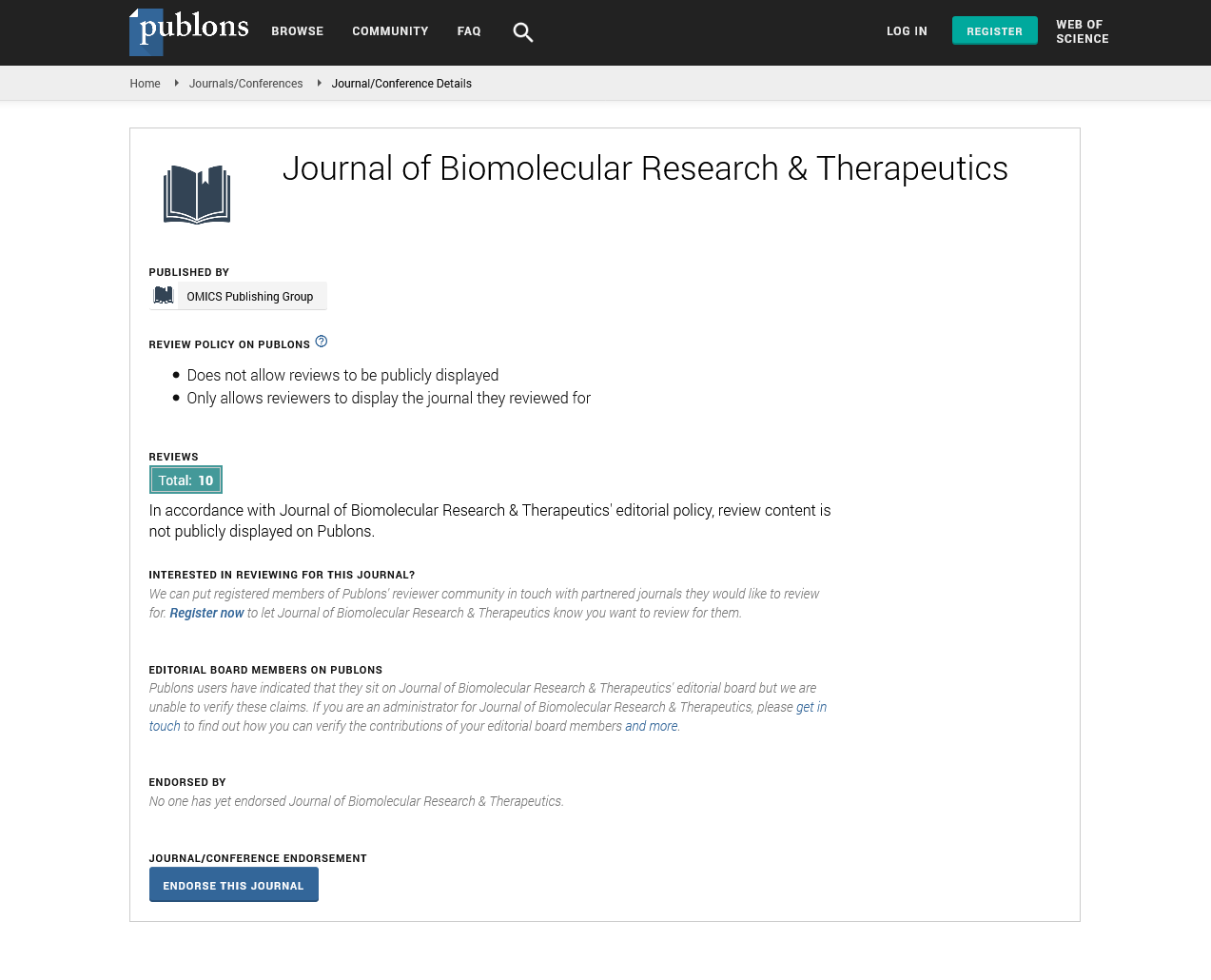Indexed In
- Open J Gate
- Genamics JournalSeek
- ResearchBible
- Electronic Journals Library
- RefSeek
- Hamdard University
- EBSCO A-Z
- OCLC- WorldCat
- SWB online catalog
- Virtual Library of Biology (vifabio)
- Publons
- Euro Pub
- Google Scholar
Useful Links
Share This Page
Journal Flyer

Open Access Journals
- Agri and Aquaculture
- Biochemistry
- Bioinformatics & Systems Biology
- Business & Management
- Chemistry
- Clinical Sciences
- Engineering
- Food & Nutrition
- General Science
- Genetics & Molecular Biology
- Immunology & Microbiology
- Medical Sciences
- Neuroscience & Psychology
- Nursing & Health Care
- Pharmaceutical Sciences
Abstract
Mechanism of Changes Balance Anaerobic Processes and Aerobic Processes in Cancer Metabolism Causing Warburg Effect Mechanism
Ponizovskiy MR
Changes balance catabolic anaerobic exergonic processes of oxidative phosphorylation and catabolic aerobic exergonic processes of respiratory oxidation induce violation interaction between mitochondrial oxidative processes and nuclear proliferative function. Just the changes balance catabolic anaerobic processes and catabolic aerobic processes cause transition Pasteur Effect “incompatible glycolysis and aerobic oxidation” in norm into Warburg effect “aerobic glycolysis” of cancer metabolism. Normal Stationary State of balance anabolic endergonic processes and catabolic exergonic processes is mutated into Quasi-stationary pathologic State due to the shift balance anabolic processes and catabolic processes into excessive anabolic processes with partial suppression catabolic processes in cancer tissue. Considering Krebs tricarboxylic citric acids cycle as the link between anaerobic catabolic processes and aerobic catabolic processes, it was explained the mechanism destruction of this link in cancer tissue metabolism. Thus the partial suppression of catabolic anaerobic exergonic processes leads to misbalance between catabolic anaerobic exergonic processes of oxidative phosphorylation and catabolic aerobic exergonic processes of respiratory oxidation in cancer tissue. This misbalance is induced by the expressed excessive anabolic processes in cancer tissue. These processes promote survival cancer cells as Apoptosis Resistance and display “aerobic glycolysis” which characterizes Warburg effect mechanism. Taking into account role of Citric acids cycle in the mechanism of the misbalance between catabolic anaerobic processes and catabolic aerobic exergonic processes in cancer tissue, it was offered the method prevention supplementary new metastasis by up-to-date methods of cytotoxic chemotherapy.

